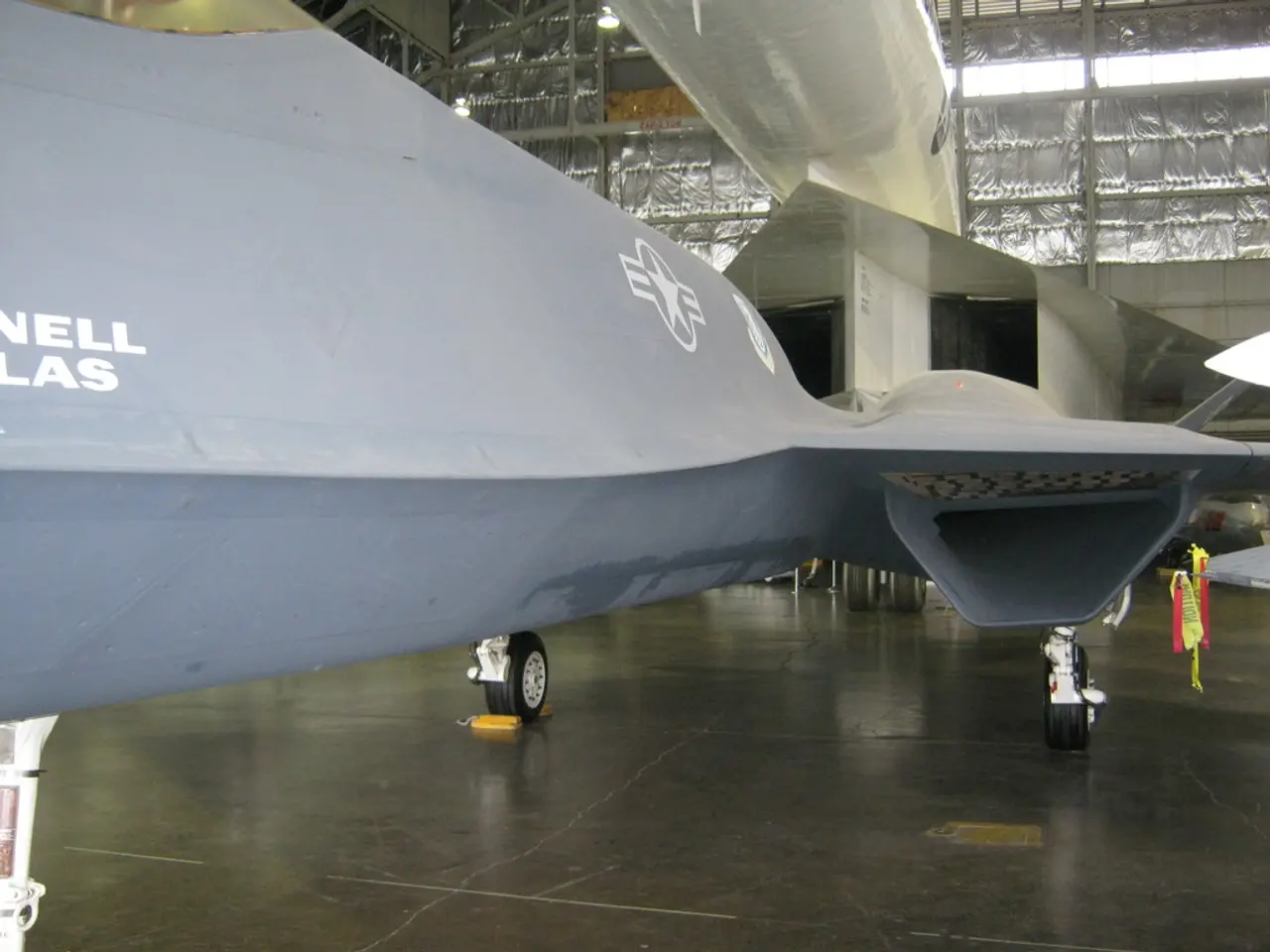Striking flight attendants at Air Canada defy government-issued return-to-work mandate, persistent labor action persists
Canada's largest airline, Air Canada, had planned to restart service on Sunday following a week-long strike by flight attendants. However, these plans were scrapped due to the union's defiance of a Canadian Industrial Relations Board (CIRB) order to return to work.
The strike, which began on August 16, involved around 10,517 flight attendants represented by the Canadian Union of Public Employees (CUPE) and affected Air Canada and Air Canada Rouge flights, suspending all such flights during the strike period. Air Canada Express flights operated by Jazz Aviation and PAL Airlines were not affected.
The labor dispute was a response to a failure in collective bargaining between Air Canada flight attendants and the airline, reflecting labor conditions that led CUPE to vote 99.7% in favor of striking. The union strongly opposed back-to-work orders from the government, defending the right to strike as central to their negotiations.
The strike caused significant disruption, with around 3,000 flights being canceled and approximately 130,000 passengers per day being affected. Air Canada lost an estimated $43 million daily during the strike. Passengers faced difficulties rebooking and assistance delays, with the Calgary area being especially hard hit due to coinciding events like the Country Thunder festival filling all local accommodations and flights.
Air Canada allowed rebooking without fees and coordinated with partner airlines such as United Airlines to assist customers stranded by cancellations. Despite a government-imposed return-to-work order, the union defied it, continuing the strike until a mediated agreement was reached on August 19.
A mediated settlement was reached, leading to a gradual resumption of flights starting that day. Aircraft and crew were out of position, so full service restoration may have required 7 to 10 days after the tentative agreement. Air Canada expanded reimbursement policies to cover reasonable hotel and meal expenses for passengers affected from August 15 to August 23.
Operations have now largely restarted, with customers advised to arrive no earlier than three hours before flights and to use online or app rebooking tools due to high call volumes. CUPE provided a statement on Sunday, expressing their opposition to the federal government's order for binding arbitration.
Air Canada's package raises overall compensation by 38% over four years, according to the company. Air Canada will offer options to passengers with canceled flights, including obtaining a full refund or receiving a credit for future travel. CUPE, which represents more than 10,000 flight attendants, said its members are paid only when an aircraft is moving - from pushback to arrival - and receive no pay for boarding, deplaning or ground delays. The labor union is demanding full compensation for this unpaid ground time.
As of now, Air Canada remains engaged and committed to negotiate a renewal to its collective agreement with CUPE. The union's demands for full compensation during ground duties, alongside their defiance of government orders, marked this as a notable labor event in Canadian aviation that year. Air Canada will also offer to rebook customers on other carriers, although capacity is currently limited due to the peak summer travel season.
Read also:
- Catastrophe at a U.S. Steel facility in Pennsylvania results in the loss of two lives. crucial details unveiled
- Manipulating Sympathy: Exploiting Victimhood for Personal Gain
- Auto Industry Updates: Geotab, C2A, Deloitte, NOVOSENSE, Soracom, and Panasonic in Focus
- Exploring Money-Making Opportunities in Digital Gaming Worlds








